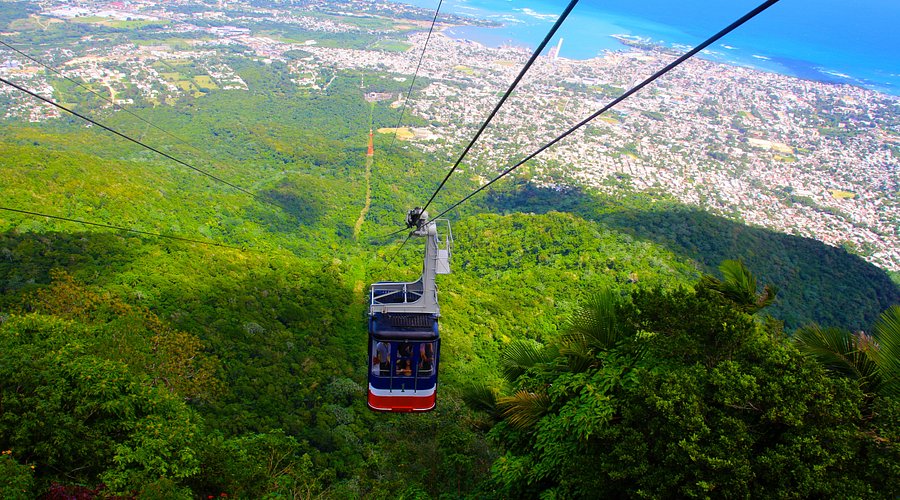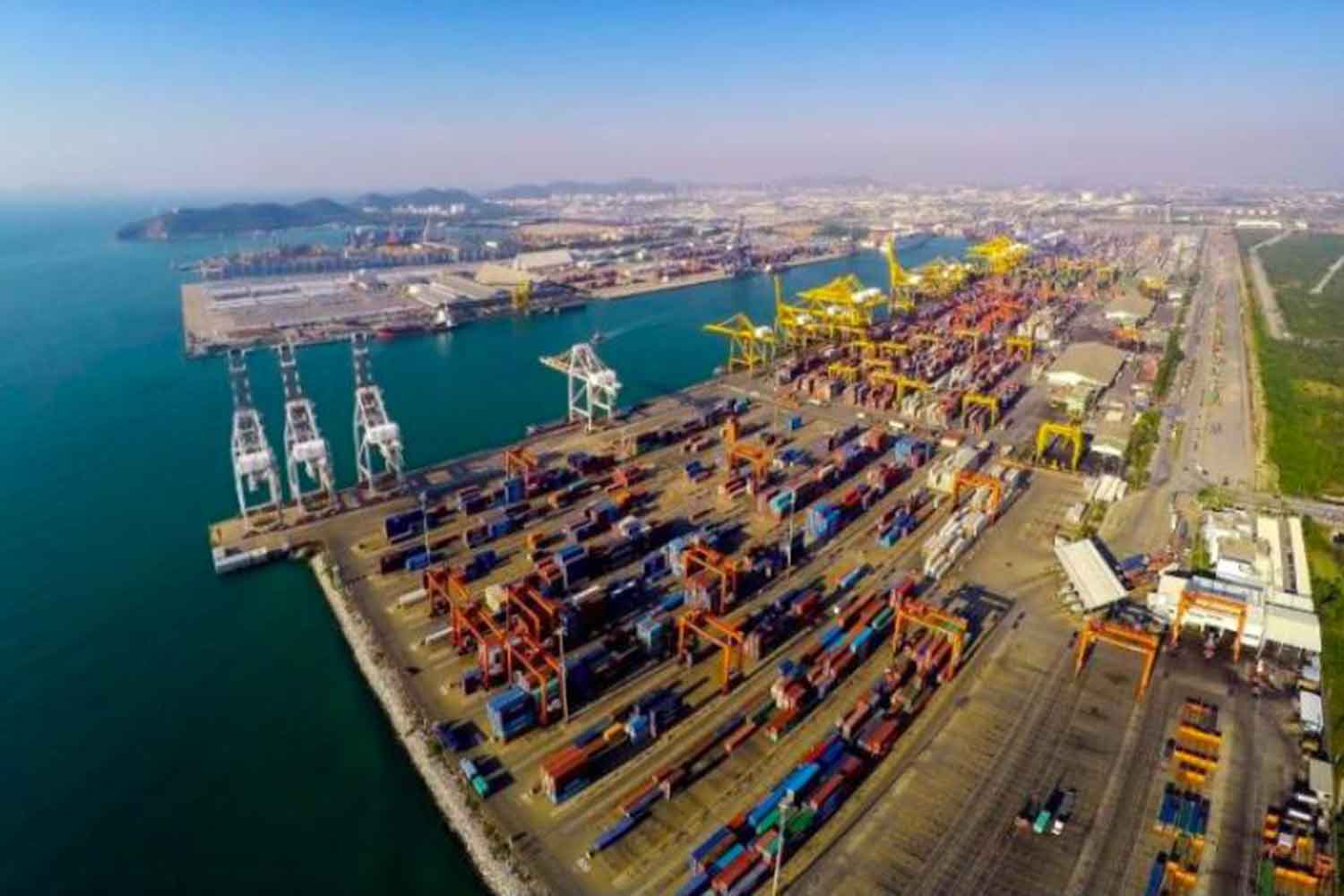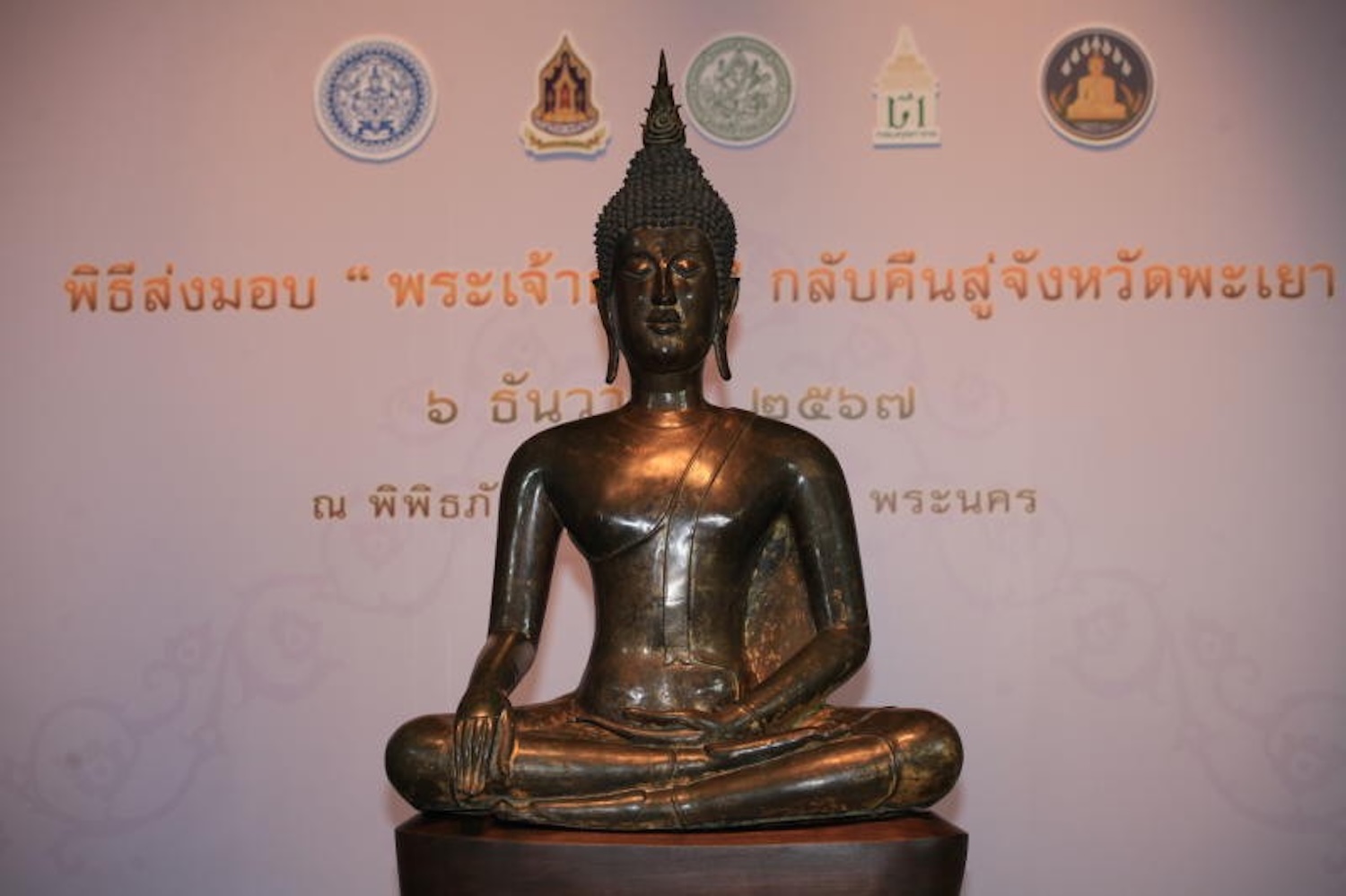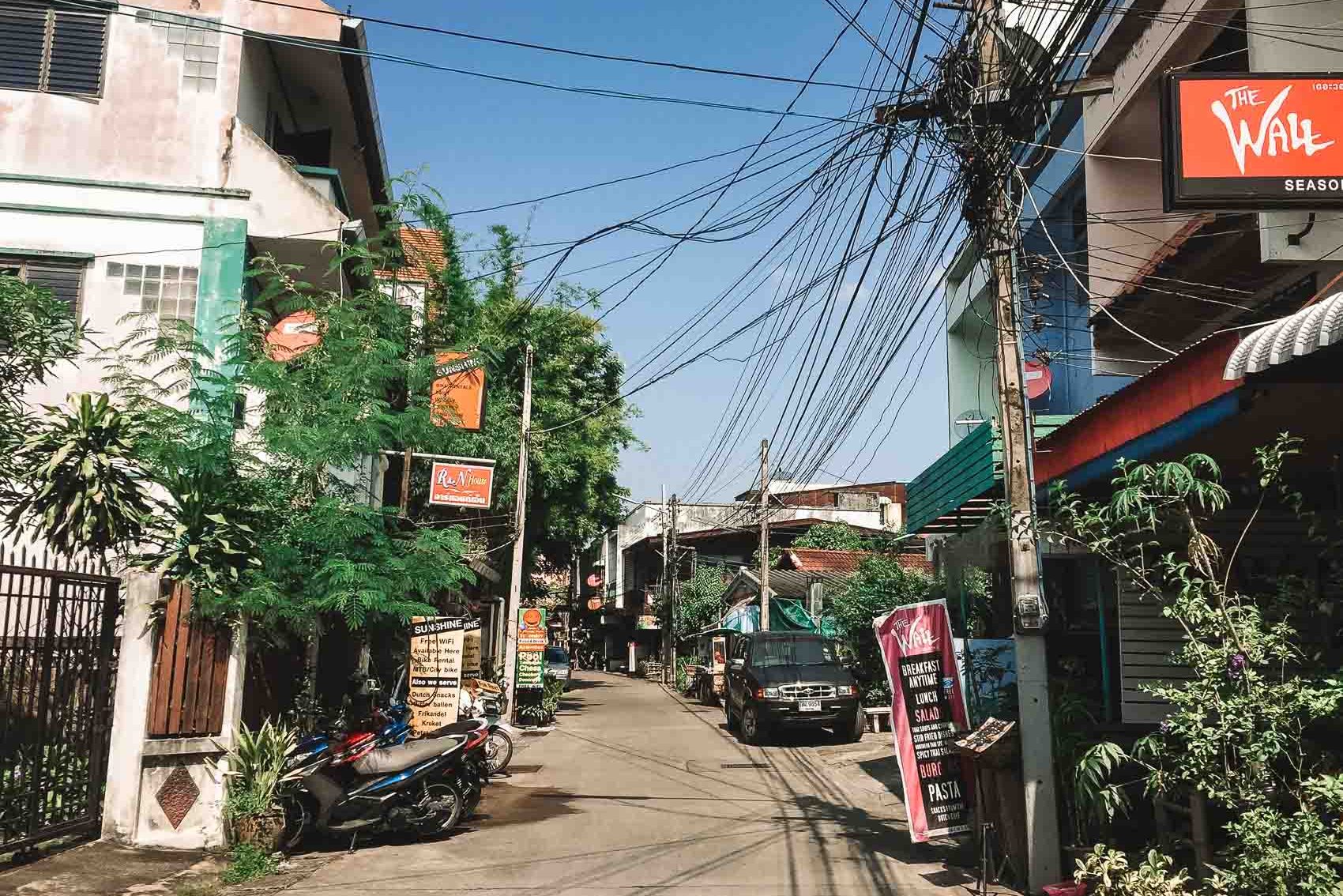Thailand’s Department of Fishery (DoF) has announced the implementation of a seasonal fishing ban along the coasts of Prachuap Khiri Khan to Surat Thani, set to begin on Saturday, February 15, 2025. This annual moratorium aims to rejuvenate fish stocks and ensure the long-term sustainability of the fishing industry.
Timing and Scope of the Ban
Strategic Phases for Marine Conservation
The fishing ban is divided into two distinct periods. The first phase, from February 15 to May 15, 2025, covers the oceanic zones from Laem Monglai in Prachuap Khiri Khan to Don Sak district in Surat Thani. The second phase, spanning May 16 to June 14, 2025, focuses on the area from Laem Monglai to Hua Hin in Prachuap Khiri Khan.
Ecological Significance
Protecting Spawning Seasons and Juvenile Fish
DoF director-general Bancha Sukkaew emphasized that this temporary pause is crucial for allowing fish to spawn, ensuring the sustainability of marine resources. Comprehensive surveys have confirmed that the breeding season for adult mackerels peaks between February 15 and May 15 in the affected coastal areas.
Economic and Environmental Impact
Balancing Industry Needs with Ecosystem Health
The ban is expected to have far-reaching effects on both the fishing industry and marine ecology. While it may cause short-term economic challenges for fishermen, the long-term benefits include improved fish stocks, enhanced food security, and a more sustainable fishing sector.
Enforcement and Compliance
Strict Measures to Ensure Adherence
The DoF has implemented stringent regulations to enforce the ban. Violators face substantial fines ranging from 5,000 to 30 million baht, depending on vessel size and catch value. These measures serve as a deterrent and underscore the importance of compliance for the success of the conservation efforts.
Community Engagement and Education
Fostering Understanding Among Stakeholders
State authorities have conducted extensive outreach to educate local fishermen and the public about the importance of this annual moratorium. This collaborative approach aims to build support and ensure widespread compliance with the fishing restrictions.
By implementing this seasonal fishing ban, Thailand demonstrates its commitment to marine conservation and sustainable fishing practices, balancing ecological needs with the livelihoods of coastal communities.









